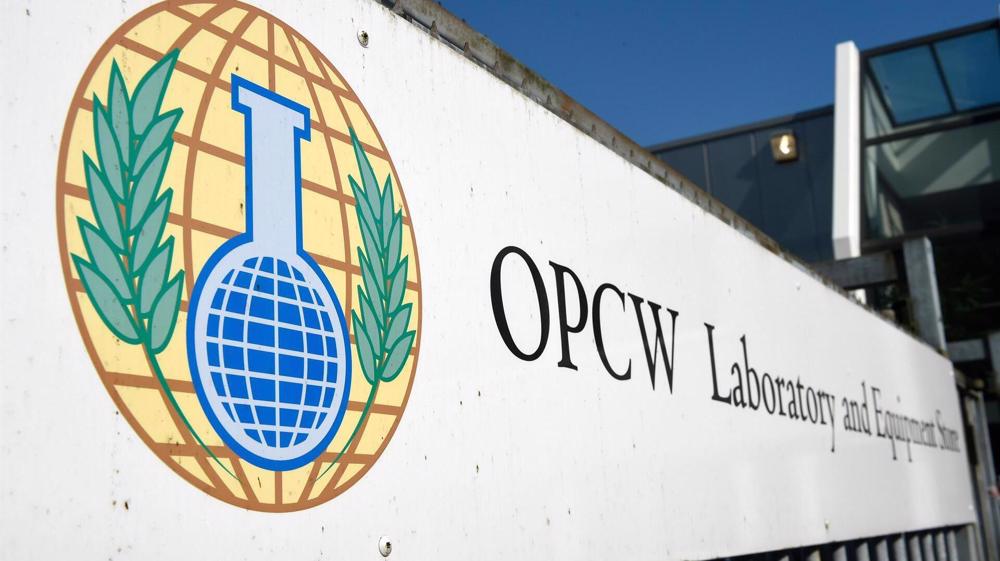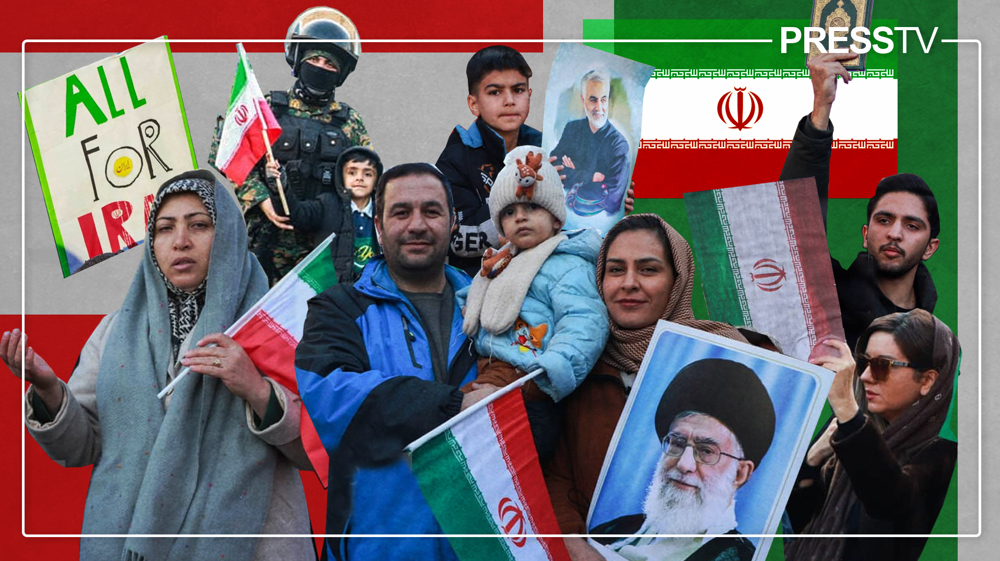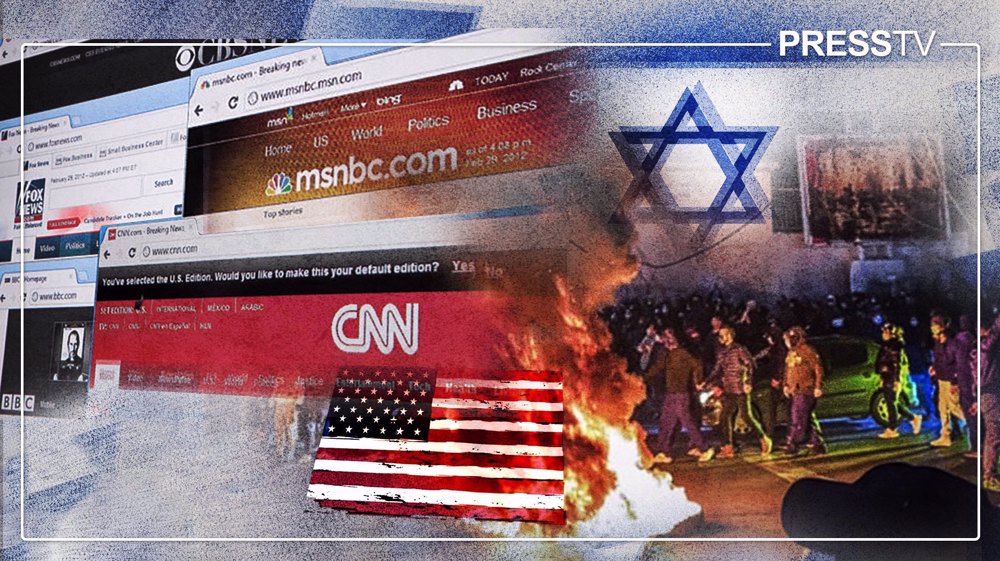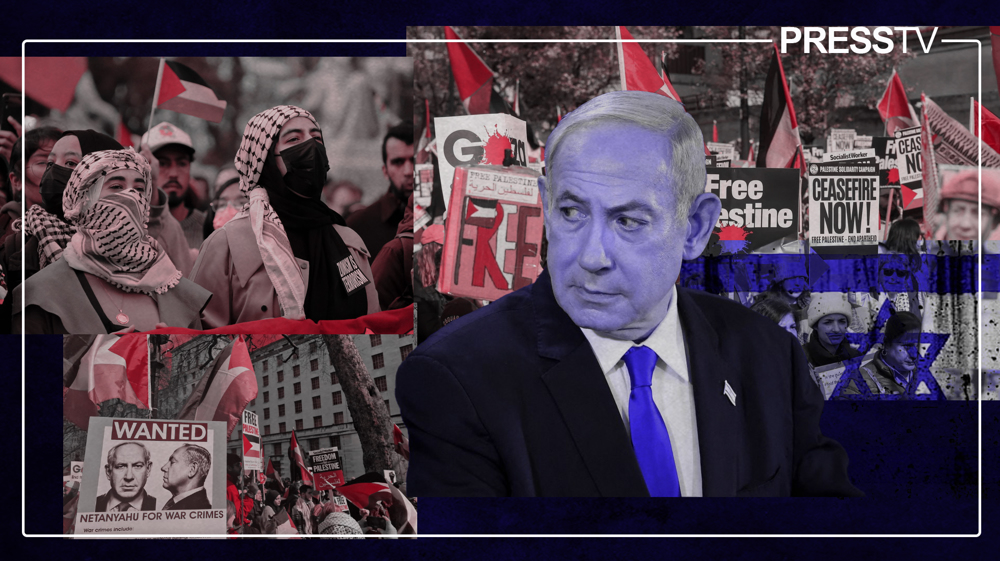Iran, a victim of weapons of mass destruction and nuclear allegations
By Elham Abedini
Iran is one of the main victims of Weapons of Mass Destruction (WMD) as used by Iraq’s Saddam Hussein regime which claimed the lives of 10,000 Iranians and left more than 100,000 others injured, including civilians and troops. Currently, about 30,000 Iranians still suffer from the injuries they sustained during Saddam’s use of chemical weapons. This war crime, which occurred during Iraq’s war against Iran between 1980 and 1988, is never covered by the mainstream media to the proportion of its importance and significance. The commander of the Chemical Warfare Defense Unit during the 8-year war, Mohammad Bagher Nikkhah Bahrami, has said that Iraq used chemical weapons against Iran in 572 cases, including in 165 rocket attacks. After the war, Iraq admitted that it had “consumed” at least 1800 tons of mustard, 600 tons of sarin, and 140 tons of tabun. One of the critical aspects of the crime is how Iran responded to it: Iran never used chemical weapons for revenge and it never even tried to develop such weapons.
Joost R. Hiltermann is an activist, investigative journalist, and Program Director at MENA for International Crisis Group who documented the Saddam regime’s use of chemical weapons in his book titled “In a poisonous affair” and called it Saddam’s worst massacre before the world’s eyes and silence. Hilterman shows how the United States’ indifference and silence enabled Saddam’s regime to keep going on with its chemical attacks. Many years before, after World War I, the 1925 Geneva Protocol had prohibited the use of chemical and biological weapons in wars. He emphasized he tracked down every available source, including Iraq’s incumbent commander, and concluded that Iran never used chemical weapons.
Ayatollah Khamenei, the Leader of the Islamic Revolution, on December 2, 2010 officially issued a fatwa (Islamic decree) that prohibited the production, development, and use of any form of WMDs, including nuclear weapons, as incompatible with Islam. This fatwa emphasized that “besides nuclear weapons, other types of weapons of mass destruction such as chemical and biological weapons also pose a serious threat to humanity. The Iranian nation, which is itself a victim of chemical weapons, feels more than any other nation the danger that is caused by the production and stockpiling of such weapons and is prepared to make use of all its facilities to counter such threats.” The importance of this fatwa would be better realized when we look back through history. Iran never used chemical weapons during its 8-year Holy Defense against Iraq as the then-Leader of the Islamic Revolution, Ayatollah Khomeini, ruled out the development of chemical and biological weapons as inconsistent with Islam.
It shouldn’t be forgotten that Iran can technically produce, stockpile, and use chemical weapons as shown by documents, evidence, and official citations, but it did not use such weapons.
Following the 8-year war, which occurred soon after Iran’s Islamic Revolution, Iran faced so many challenges domestically and internationally, including the baseless Western-Zionist allegations against its nuclear program. Back then, Iran did not have enough time and opportunities to present itself as the primary victim of the use of chemical weapons, and while it is still suffering from its consequences, it is Japan that has become the flag bearer of anti-nuclear weapon activism. Nowadays, about 30 thousand Iranians suffer from the consequence of chemical weapons and still need treatment and medicines, many of which are difficult to find due to the West’s unlawful sanctions. The consequences of the warfare conducted with WMDs are more complicated since sanctions have added a new layer to the suffering: the shortage of vital medicine and transplant drugs. The central claim, which is represented by the mainstream media and Western governments, is that “any country has the right to develop nuclear technology and use the benefits of peaceful nuclear energy under the Non-Proliferation Treaty (NPT), but Iran is going to develop nuclear weapons,” which is entirely baseless in terms of the historical view that Iran has proved time and again that it had never moved toward using WMDs, including chemical, biological, and nuclear weapons.
Iran became a state party to the Chemical Weapons Convention (CWC) on December 3, 1997, and as a member, it is prohibited from developing, producing, or stockpiling chemical weapons. According to the Organization for the Prohibition of Chemical Weapons (OPCW) ratification, the organization had “no reason whatsoever to question Iran’s full compliance with the CWC.” Verification measures in Iran were “strictly following the convention.” As the International Atomic Energy Agency (IAEA) issued 13 reports about the nuclear program of the Islamic Republic of Iran in light of United Nations Security Council resolution 2231 (2015) verifying Iran’s full compliance to its JCPOA commitments. During the recent visit to Iran by IAEA Director General Rafael Grossi, the head of the Atomic Energy Organization of Iran Mohammad Eslami said Grossi admitted there is “no deviation in Iran’s nuclear program.” So it is obvious the nuclear allegations against Iran have been rooted in politicized intention, not a genuine concern.
Iran named June 28 in the national calendar as a day of fighting with chemical and biological weapons on the anniversary of the Sardasht chemical weapon attack in 1987, which killed 110 civilians, including women and children, and poisoned 8000 people. On the day, Iraqi aircraft dropped four 250-kilogram bombs filled with mustard on residential areas of Sardasht city. Annually, Iran commemorates the memory of that war crime’s victims and points out how the world prefers to keep silent against that genocide cautiously, even with the support and funding of some western countries, but Iran never tried using a chemical weapon against any human beings as a tool of revenge. During these days of the Vienna talks and the fake news on Iran’s nuclear program, it is good to remember this fundamental policy of the Islamic Republic of Iran not to use weapons of mass destruction. The assertion has already been proven.
(The views expressed in this article do not necessarily reflect those of Press TV.)
Thousands protest Trump’s immigration policies on second term anniversary
Ex-NATO chief slams Trump’s Greenland threats, calls on EU to hit back
US ‘must be held accountable’ for supporting terrorism in Iran: Araghchi
VIDEO | Pro-Palestine protest in Madrid challenges UK repression
Canada PM: World order in ‘midst of a rupture’ from US hegemony
VIDEO | Iron walls: One year of Israel’s largest military operation in Palestine in years
Italian farmers protest EU-Mercosur free trade deal
VIDEO | Russian FM holds annual press briefing, highlighting ‘equality-based’ diplomacy










 This makes it easy to access the Press TV website
This makes it easy to access the Press TV website